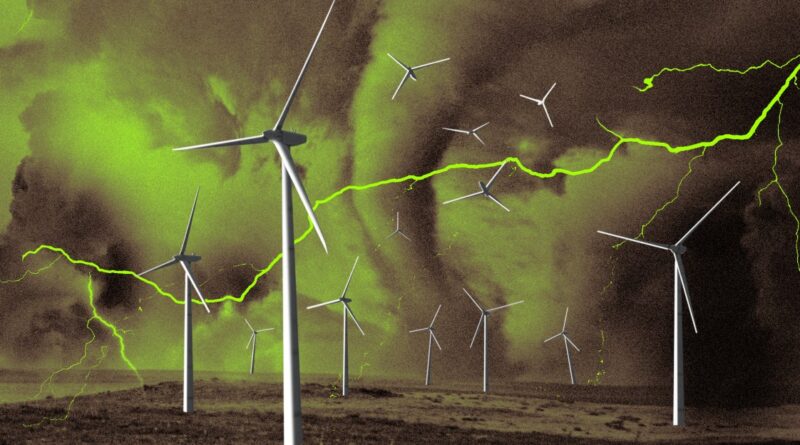The new lies spreading about climate change
New strains of misinformation about climate change are spreading, meant to slow the growth of renewable energy needed to fix the problem.
Rather than flat-out denying the mountains of evidence that show that humans are causing climate change, more recent talking points aim to mislead people by casting doubt on potential solutions. Renewable energy has started to take off as a more affordable and sustainable alternative to coal, oil, and gas. Fossil fuel industry leaders and their allies — perhaps seeing themselves backed into a corner — have pivoted to more sly ways to keep selling their products and stymy the competition.
One of the clearest pictures yet of how this is all going down was just published by the International Panel on the Information Environment (IPIE). “What emerges is a picture of strategic disruption—carefully designed to appear moderate, reasonable, and data-driven, while quietly obstructing action,” IPIE says in its summary for policymakers.
“Strategic disruption—carefully designed to appear moderate, reasonable, and data-driven, while quietly obstructing action”
Delay tactics can be considered the “new denial,” the report notes. It might manifest as inaccurate claims about renewable energy’s impact on the environment, or falsely blaming power outages on renewables. And we’re not just talking about trolls on social media — misinformation can stem from even the highest levels of power. The report names President Donald Trump, whose campaign accepted $74 million in contributions from oil and gas interests, as a “key influencer” when it comes to climate misinformation.
There are legitimate concerns about where to deploy renewables and how to source materials used in solar panels and turbines, as well as steps that can be taken to minimize damage from mining and building new infrastructure. But like we see with any kind of rumor, kernels of truth can be blown out of proportion or twisted into a lie.
“We are dealing with an information environment that has been deliberately distorted,” Klaus Bruhn Jensen, a professor at the University of Copenhagen and chair of IPIE’s Scientific Panel on Information Integrity about Climate Science, said in a June 20 press release. “When corporations, governments, and media platforms obscure climate realities, the result is paralysis.”
The IPIE report synthesizes 300 studies comprising a decade of research on climate misinformation. It was limited to papers written in English, however, and reflects a dearth of investment in studies outside of affluent western countries.




